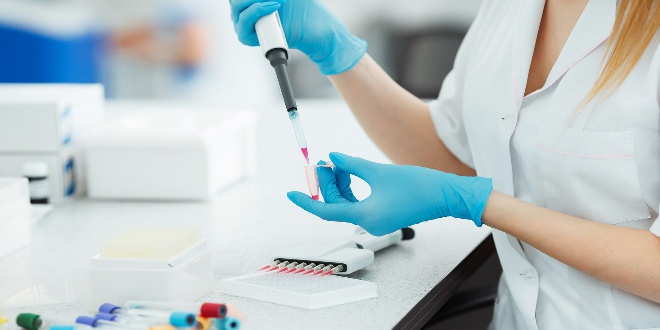
Melanoma WA CEO Clinton Heal said the organisation fully supports the trial.
Researchers at WA's Edith Cowan University have developed the world's first blood test capable of detecting melanoma in its early stages.
The breakthrough trial involved 105 people with melanoma and 104 without with the blood test able to detect early stage melanoma in 81.5 per cent of cases.
The blood test works by detecting the autoantibodies the body produces in response to the melanoma.
Founder of Melanoma WA, Clinton Heal, is a melanoma survivor. He's had 34 secondary tumours removed since he was diagnosed with melanoma in his early twenties. He said the new test will be life changing.
"When I was first diagnosed with secondary melanoma I'd never had my skin checked at the age of 22. It wasn't something that was on my radar that I should be doing as a young person" he said.
"If this blood test was around things could have been so much different.
"My melanoma could have been detected very early and what we know about the earlier the detection, the better the outcome."
Australia has the second highest rate of melanoma in the world, with 14,000 new diagnoses and almost 2000 deaths each year.
Lead researcher PhD candidate Pauline Zaenker said identifying melanoma early was the best way to preventing these deaths.
“Patients who have their melanoma detected in its early stage have a five year survival rate between 90 and 99 per cent, whereas if it is not caught early and it spreads around the body, the five year survival rate drops to less than 50 per cent,” she said.
“This is what makes this blood test so exciting as a potential screening tool because it can pick up melanoma in its very early stages when it is still treatable.”
Clinton stressed the blood test was not a saving grace, but rather another tool to help fight skin cancer, and everyone should have their skin checked regularly.
"This test isn't the be all to end all. Everyone should still have their skin checked once a year and take steps to prevent melanoma," he said.
Currently the main way melanoma is detected is by a visual scan by a clinician with any areas of skin that are of concern excised and sent for a biopsy.
Ms Zaenker, a member of ECU's Melanoma Research Group, said the new blood test would provide another tool for doctors and would be less invasive for patients.
“While clinicians do a fantastic job with the tools available, relying on biopsies alone can be problematic. We know that three out of four biopsies come back negative for melanoma,” she said.
“The biopsies are quite invasive, with a minimum of 1cm by 1cm of skin excised from the patient.
“They are also costly, with previous research showing that the Australian health system spends $201 million on melanoma each year with an additional $73 million on negative biopsies.”
Clinton said MelanomaWA sees first-hand the importance of early detection and how critical it is to the long term survival of people diagnosed with melanoma.
“I am personally so excited to see this research transcending into clinical practice, having given of my own blood samples to the Melanoma Research Group following my diagnosis in 2005," he said.
“My primary melanoma was not detected early, and I believe a simple blood test could have drastically improved my melanoma diagnosis and subsequent treatment since.”
Melanoma Research Group Head Professor Mel Ziman said a follow up clinical trial to validate the findings was being organised.
“We envision this taking about three years. If this is successful we would hope to be able to have a test ready for use in pathology clinics shortly afterwards,” she said.
“The ultimate goal is for this blood test to be used to provide greater diagnostic certainty prior to biopsy and for routine screening of people who are at a higher risk of melanoma, such as those with a large number of moles or those with pale skin or a family history of the disease.”
The blood test has now been submitted for an international patent.
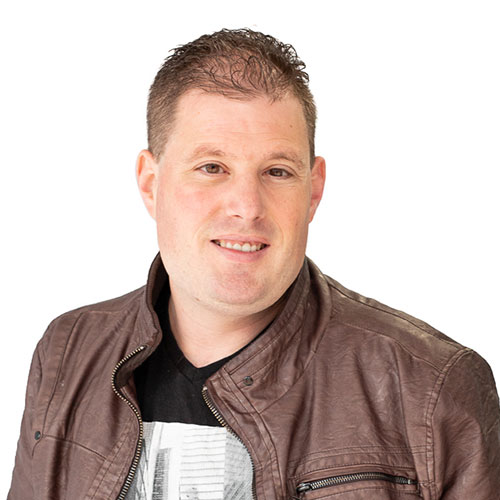


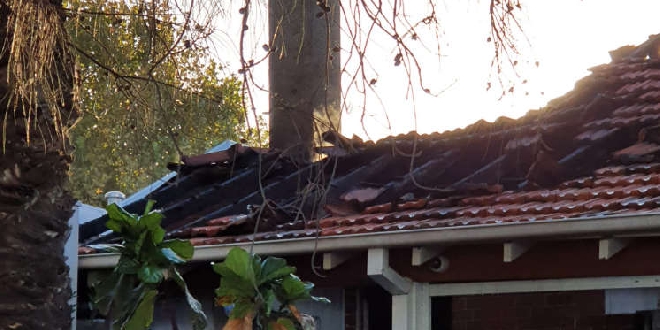 Mandurah's Bar Therapy damaged by fire
Mandurah's Bar Therapy damaged by fire
 Postman injured in Wannanup crash
Postman injured in Wannanup crash
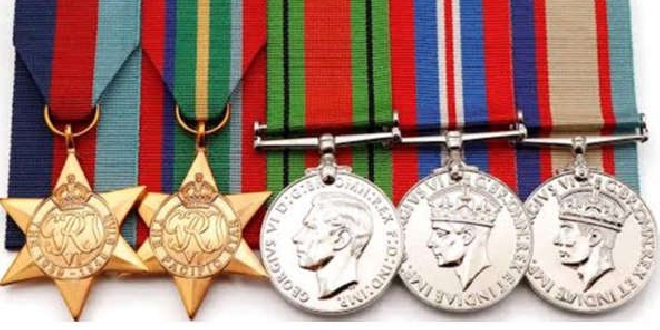 Man charged after allegedly stealing service medals from Greenfields storage unit
Man charged after allegedly stealing service medals from Greenfields storage unit
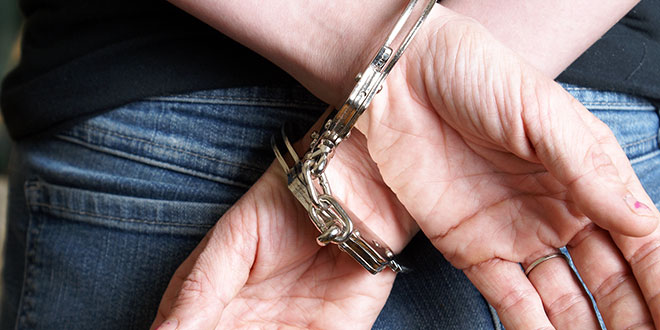 South West resort receptionist charged with 32 fraud offences
South West resort receptionist charged with 32 fraud offences
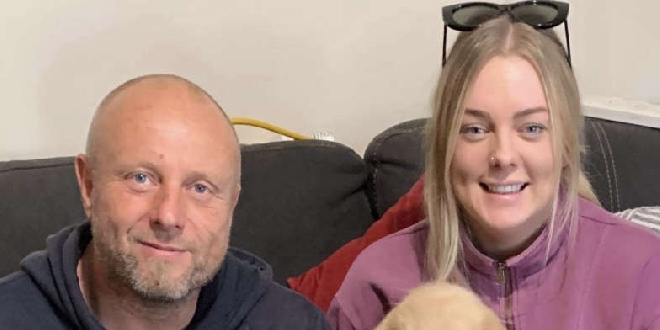 Daughter of Port Kennedy hit-and-run victim pleads for offenders to hand themselves in
Daughter of Port Kennedy hit-and-run victim pleads for offenders to hand themselves in
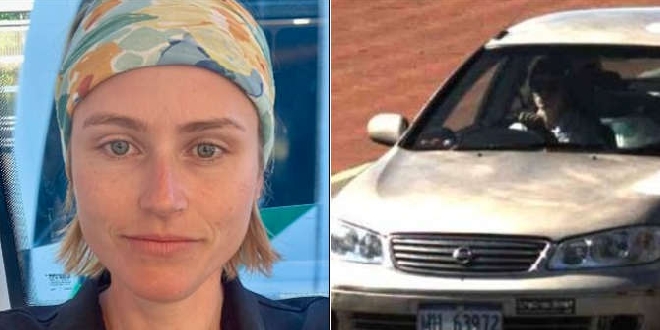 Concerns for missing woman last seen in Mandurah
Concerns for missing woman last seen in Mandurah
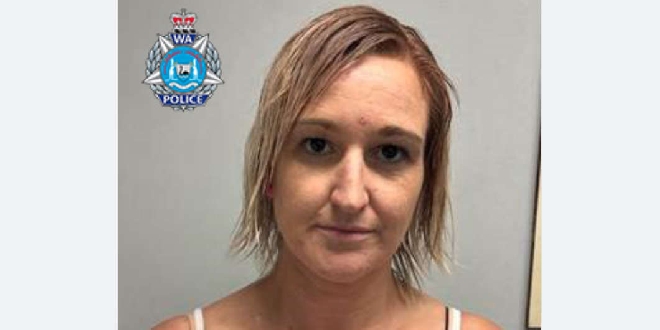 Mandurah woman wanted for questioning over current investigation
Mandurah woman wanted for questioning over current investigation
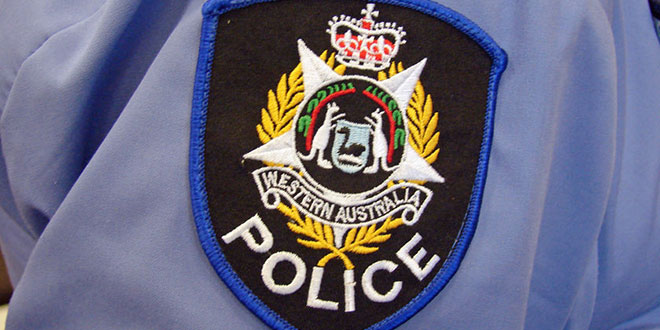 Investigation underway into Bunbury sexual assault
Investigation underway into Bunbury sexual assault
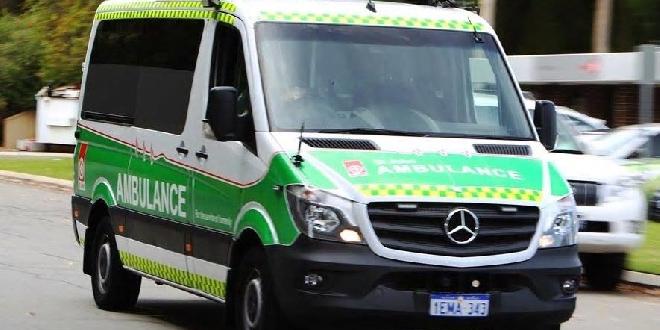 Two motorcyclists seriously injured in separate crashes
Two motorcyclists seriously injured in separate crashes